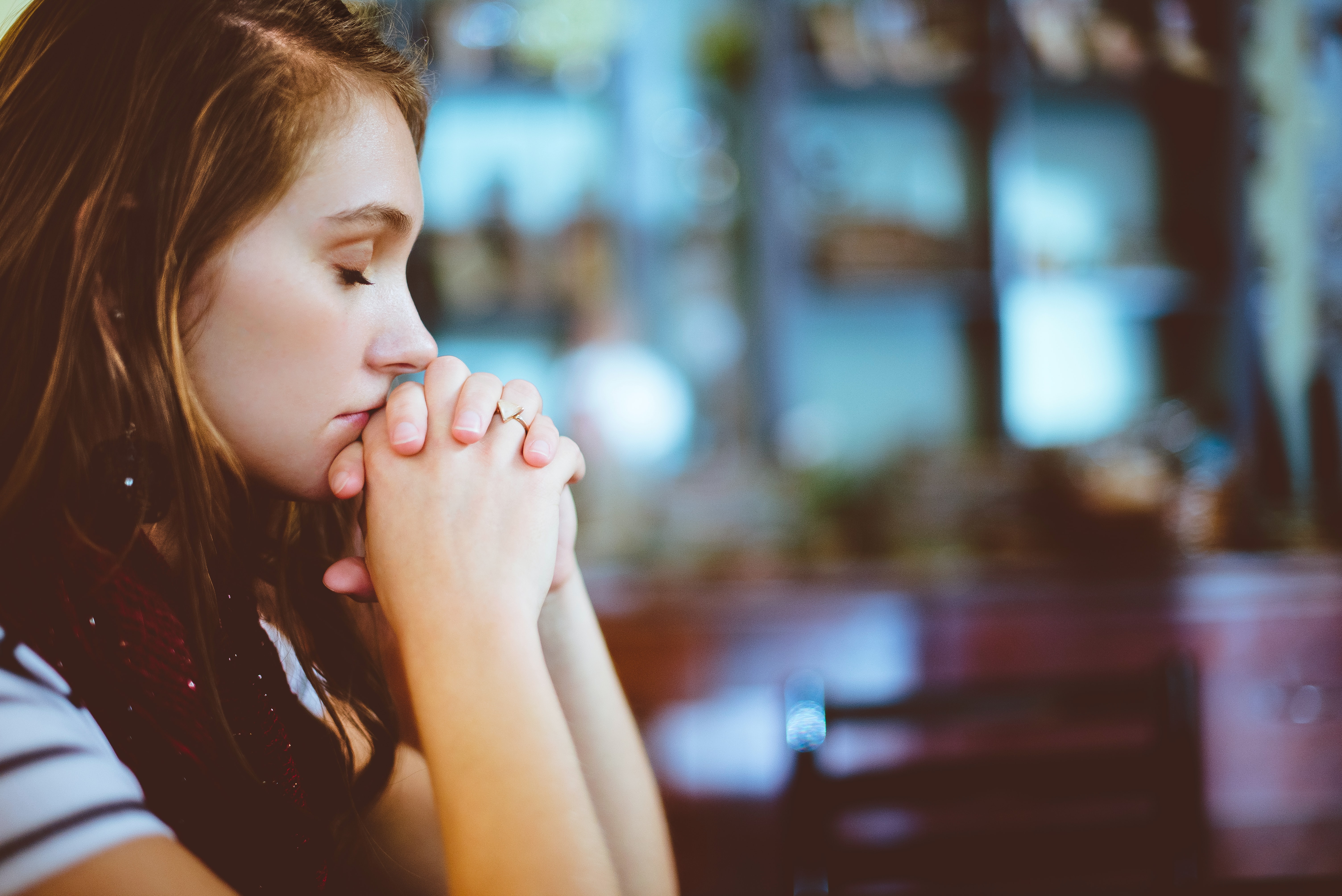 Some Americans say their religious faith has strengthened as a result of the outbreak, even though churchgoers report that their congregations have stopped in-person worship services, according to a new Pew Research Center survey. A quarter say their faith is stronger as a result of the pandemic while half say their faith has not changed. For those who have experience a growth in their faith, what is it about a crisis that causes them to think more about their spiritual life?
Some Americans say their religious faith has strengthened as a result of the outbreak, even though churchgoers report that their congregations have stopped in-person worship services, according to a new Pew Research Center survey. A quarter say their faith is stronger as a result of the pandemic while half say their faith has not changed. For those who have experience a growth in their faith, what is it about a crisis that causes them to think more about their spiritual life?
James Hyslop, a pastoral assistant at a Christian church, believes more people are considering their spiritual lives due to the uncertainty from COVID19. “The rapid global spread of this virus has ripped the societal stability we took for granted from under our feet,” said Hyslop. “Things we presumed immovable were shown to be more fragile than we ever imagined.”
Hyslop adds, “People naturally are more open to spiritual things when they feel a sense of uncertainty and don’t know where to look. A crisis like the one we have been living has made people see that things they were trusting in are untrustworthy, and so people do begin to look to other places like religion for stability and hope. Religion and Christianity offer people hope and a perspective that whatever is going on, God is in control and cares."
When feeling uncertain, people seek some semblance of stability which religion can provide. “When crises hit, people give more attention to their spiritual life in an effort to find something that is stable, unchanging, and comforting,” says neuropsychologist Dr. Michelle Bengtson . “Frequently, people turn to God when their life seems out of control, or they feel like they’ve done all they can do, and then look to God to do what they can’t.”
Vickie Pierre, a Bible teacher and ministry leader observed that “scores of people - many for the first time - are pursuing the ancient truths of the Bible that have guided and transformed millions of lives for thousands of years. They’re being exposed to a way of life that doesn’t depend on news headlines or fear of the unknown. Instead, they’re leaning into a reality that places its hope in the unseen.”
People also have more time to think about deeper things in light of the pandemic. When we are busy we tend to just think about the immediate and the pressing,” said Hyslop. “However, lockdown has led many to a reevaluation of their lives. When we unexpectedly have time to think and normal activities are stripped back, it is a time of reflecting on the bigger questions and what really matters.”
Leia Kalani, a spiritual coach, concurs. “With people at home with more time than they know what to do with, some are using the opportunity to discover new ideas and ideologies. There are many congregations reaching out to the public to increase membership and give people hope during this tumultuous period. When we get stuck in the natural world and daily humdrum of life, we believe that we are in control. A crisis, or unnatural event, opens people's eyes to their total lack of control.”
“In our normal day to day, we can be super busy and oblivious to the world around us,” says pastor’s wife Shannon Duke. “And, if a problem arises, we feel that we can handle situations ourselves or at least have other coping mechanisms. It doesn't mean that our faith is not there, but yet it is not always what we turn to first."
While the uncertainty of the pandemic and extra time may have caused this desire to reflect more on spiritual things, it could also be that people are thinking about what happens when life on earth ends.
Jaimie Eckert, studying for her PhD in religion, notes there were similar surges of religious interest in America after 9/11, in the former Soviet Union after the fall of communism, and throughout the world during critical watershed events. She says, “Crisis and religiosity do go hand-in-hand. Increased religiosity during crisis occurs due to existential questioning on the nature of life, death, and eternity along with loss of confidence in visible leadership and a desire to put one’s trust in a higher authority.”
Hyslop agrees that crises cause people to think about the very real possibility of death. “When life is normal and going well, we are flooded with the busyness of our everyday lives and don’t tend to think much about the questions of why we are here and what happens when we die. However a crisis, and certainly COVID19, can confront people (especially the more vulnerable) that death may be far closer than they think.”
What remains to be seen is whether these changes will last after the pandemic or if they are a short-term coping solution for an unknown. When people go back into their busy lives, will their new faith still be a priority?
Tina Arnoldi, MA is a marketing consultant and freelance writer in Charleston SC. Learn more about her and connect at TinaArnoldi.com